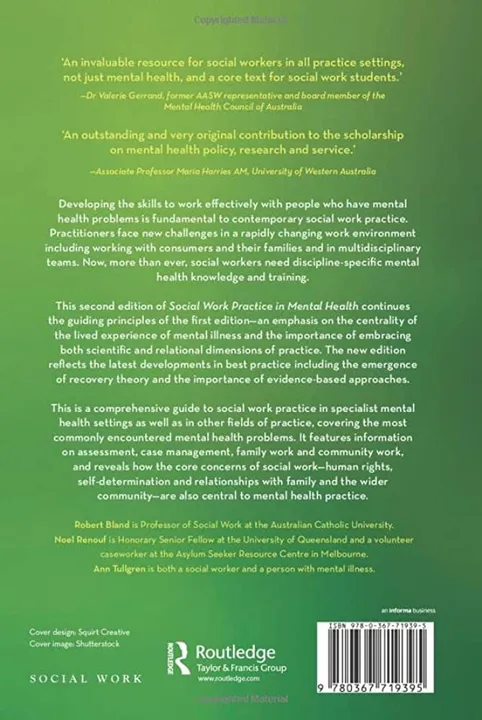What are the 5 areas of public health known as the core areas?

Understanding the Core Areas of Public Health
As a blogger with a keen interest in public health, I've come to learn that there are five core areas that form the foundation of public health practice. In this article, I will explore each of these areas, discussing their importance and how they contribute to the overall health and well-being of populations.
1. Epidemiology: The Science of Public Health
Epidemiology is often referred to as the "basic science of public health." This core area focuses on the study of the distribution and determinants of diseases and health conditions in populations. Through epidemiological research, we can identify patterns and trends in health outcomes, allowing us to better understand the causes of diseases and ultimately develop effective interventions and prevention strategies. As an epidemiologist, I find this area of public health fascinating because it provides the foundation upon which all other public health efforts are built.
2. Biostatistics: The Power of Data
Biostatistics is another essential core area of public health, as it deals with the collection, analysis, interpretation, and presentation of data related to health and disease. This field is critical in helping us make sense of the vast amount of health data available and draw meaningful conclusions from it. As a public health practitioner, I rely on biostatistics to inform evidence-based decision making and evaluate the effectiveness of interventions. The power of data cannot be underestimated, and biostatistics plays a crucial role in ensuring we use it to its full potential.
3. Environmental Health: Protecting Our Surroundings
Environmental health is a core area of public health that focuses on the relationship between our environment and our health. This field examines how factors such as air and water quality, chemical exposures, and climate change can impact our well-being. As someone who is passionate about protecting the environment, I find this area of public health particularly important. By understanding and addressing the environmental factors that influence our health, we can create healthier communities and ultimately improve the quality of life for all.
4. Health Policy and Management: Shaping the Future of Healthcare
Health policy and management is a core area of public health that concentrates on the organization, financing, and delivery of healthcare services. This field plays a crucial role in shaping the future of healthcare by developing policies and strategies that ensure accessible, affordable, and high-quality care for all. As a public health advocate, I believe that effective health policy and management is essential for creating a more equitable and efficient healthcare system that meets the needs of diverse populations.
5. Social and Behavioral Sciences: The Human Side of Public Health
Finally, the social and behavioral sciences are a core area of public health that focuses on understanding the social, cultural, and behavioral factors that influence our health. This field is particularly important because it helps us recognize that health is not solely determined by biological factors, but also by our behaviors, beliefs, and social environments. As a public health professional, I appreciate the insights that the social and behavioral sciences provide, as they help us develop interventions that address the root causes of health disparities and promote health equity.
Conclusion: The Interconnectedness of the Core Areas
In conclusion, the five core areas of public health - epidemiology, biostatistics, environmental health, health policy and management, and social and behavioral sciences - are all interconnected and contribute to the overall mission of promoting and protecting the health of populations. As a passionate public health advocate, I believe that understanding and addressing these core areas is essential for creating a healthier, more equitable world for all. By working together, we can make a difference in the lives of countless individuals and communities.
